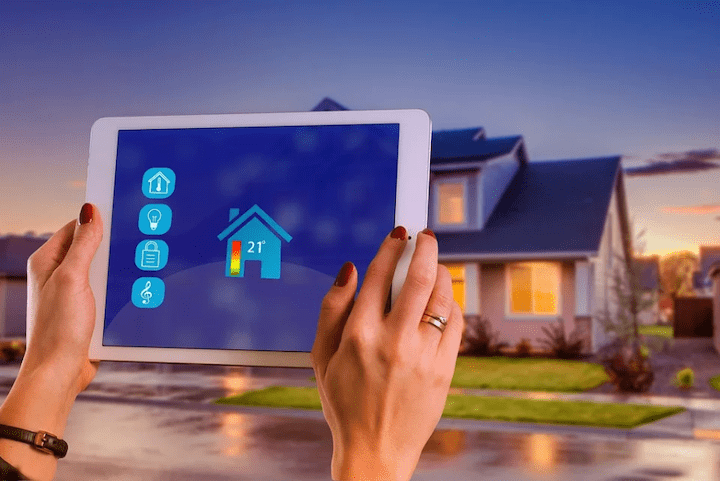API - Application Programming Interface

What exactly is an API
API is a programming interface that enables information to be exchanged between an application and individual program parts in a standardized manner.
Basics and properties of an API
More comfort: Smart Homes are personalized and adapted to your needs already during installation. The selection of smart devices is vast. Set your personal Good morning scenario, dim your lights in the bedroom, warm up the bathroom and have the coffee machine turn on in time. Regulate the temperature according to an hourly schedule and when you leave the house, automate the lights and shutters. Furthermore, (physically) impaired people get a higher standard of living.
Better entertainment: Say goodbye to your collection of remote controls and operate your TV or music system comfortably via app or voice command. Some voice assistants even advise you on movie selection and offer entertainment especially for children. In addition, you can operate your device regardless of your range, since they are connected via WLAN.
More security: Increase your home security with motion sensors. Get notified of unusual activity inside and outside your home via push notifications. In addition intelligent smoke detectors also warn you in unaffected rooms or even when on the move.
More environmentally friendly: use less energy, for example, by automatically regulating and lowering the temperature when you are not at home. Furthermore, forgotten lights are automatically turned off. Smart appliances are programmed to use as little electricity as possible. Conveniently contribute to environmental protection with energy-efficient air conditioning, ventilation and heating control to help protect the environment.
Data security
Data that accumulates in your smart home is not only interesting for hackers, but also for the manufacturers themselves. With your information, the manufacturers can optimize the control of your smart device. So if you are worried about your data, you should first read the terms and conditions to find out who has access to which data and when. Ideally, your data will only be collected for a specific purpose. Take the time to read the terms and conditions carefully, because sometimes providers work together with a specialized company. If this is the case, you should be able to explicitly agree to this. You may not be directly aware of it, but all sorts of data from your connected devices is stored, with which the control of the components have been configured. This will be stored for as long as you use a provider, or until you delete your account.
If the security of your data is important to you, you should choose a provider that has its servers in Germany. This is because data is generally secured in accordance with the respective country. Some even specify how data security is ensured within the company itself. In addition, security checks should be carried out regularly by external bodies, such as the TÜV. Another important aspect is the encryption of your data. Depending on the type of encryption used, it is highly likely that unauthorized persons will be prevented from accessing the data. Access by unauthorized persons can be prevented with a high degree of probability. In general, if you place a lot of value on data protection, you should also be prepared to pay a certain price. Because devices from low-cost providers communicate via radio, which is not encrypted and therefore attractive for hackers.